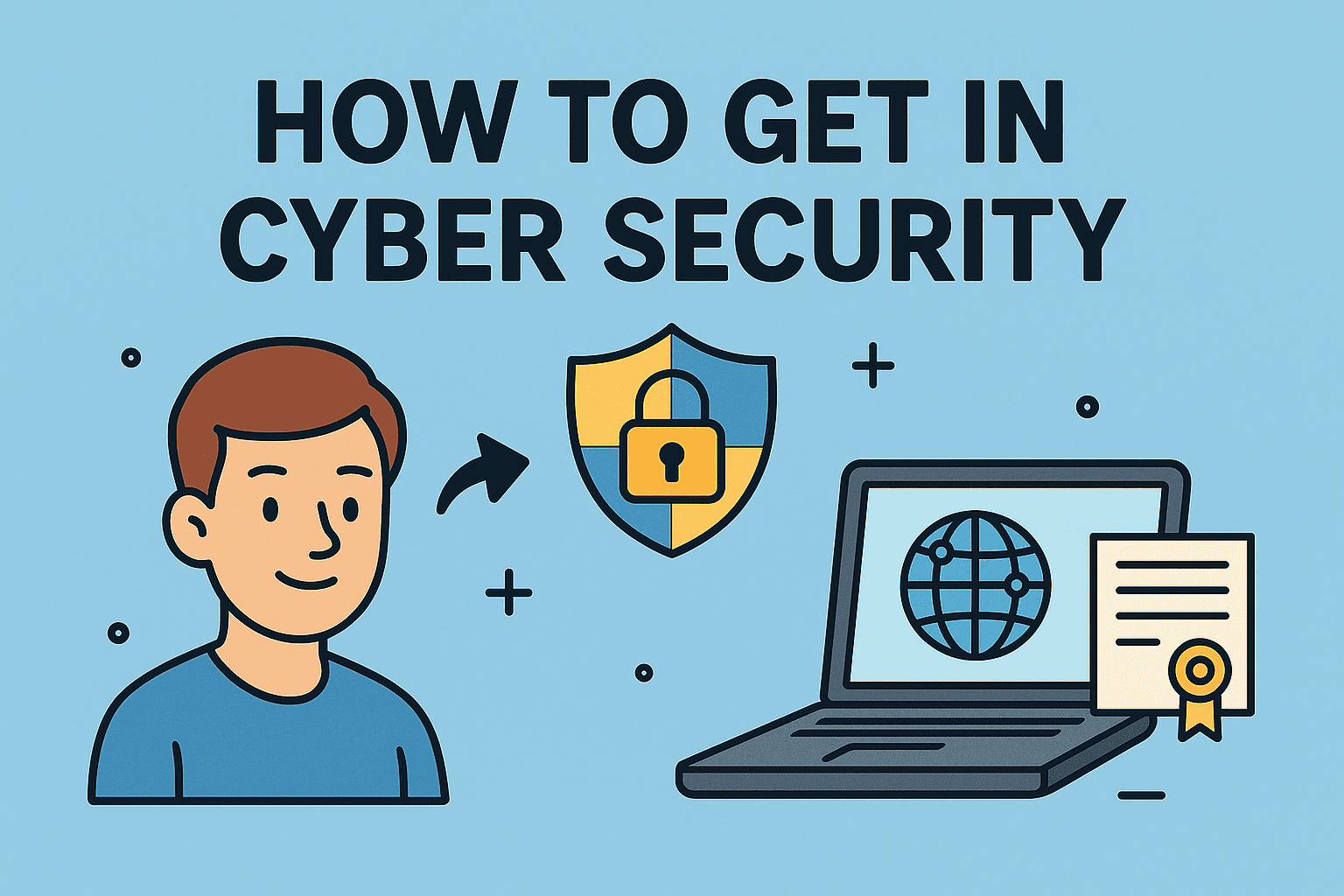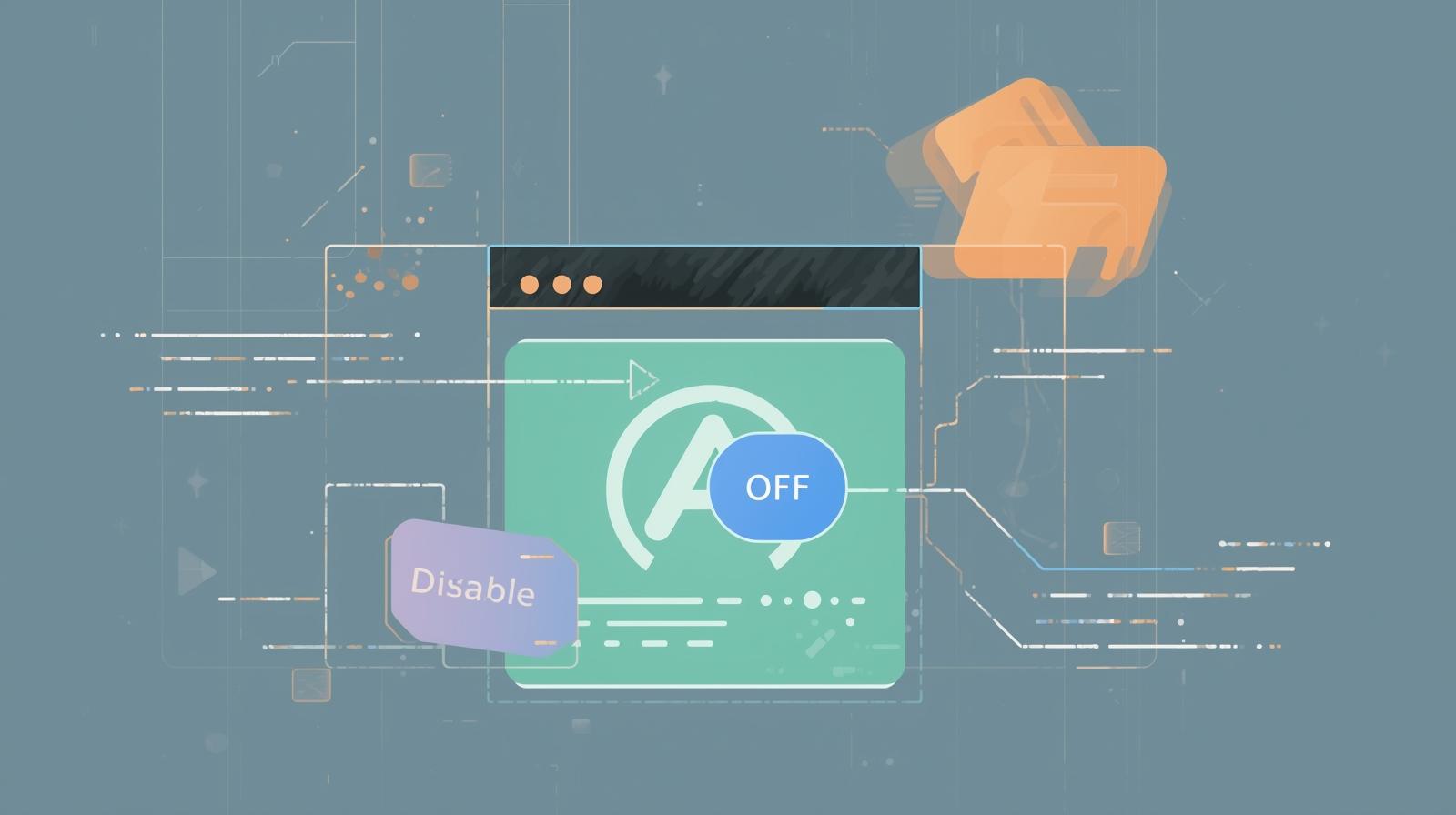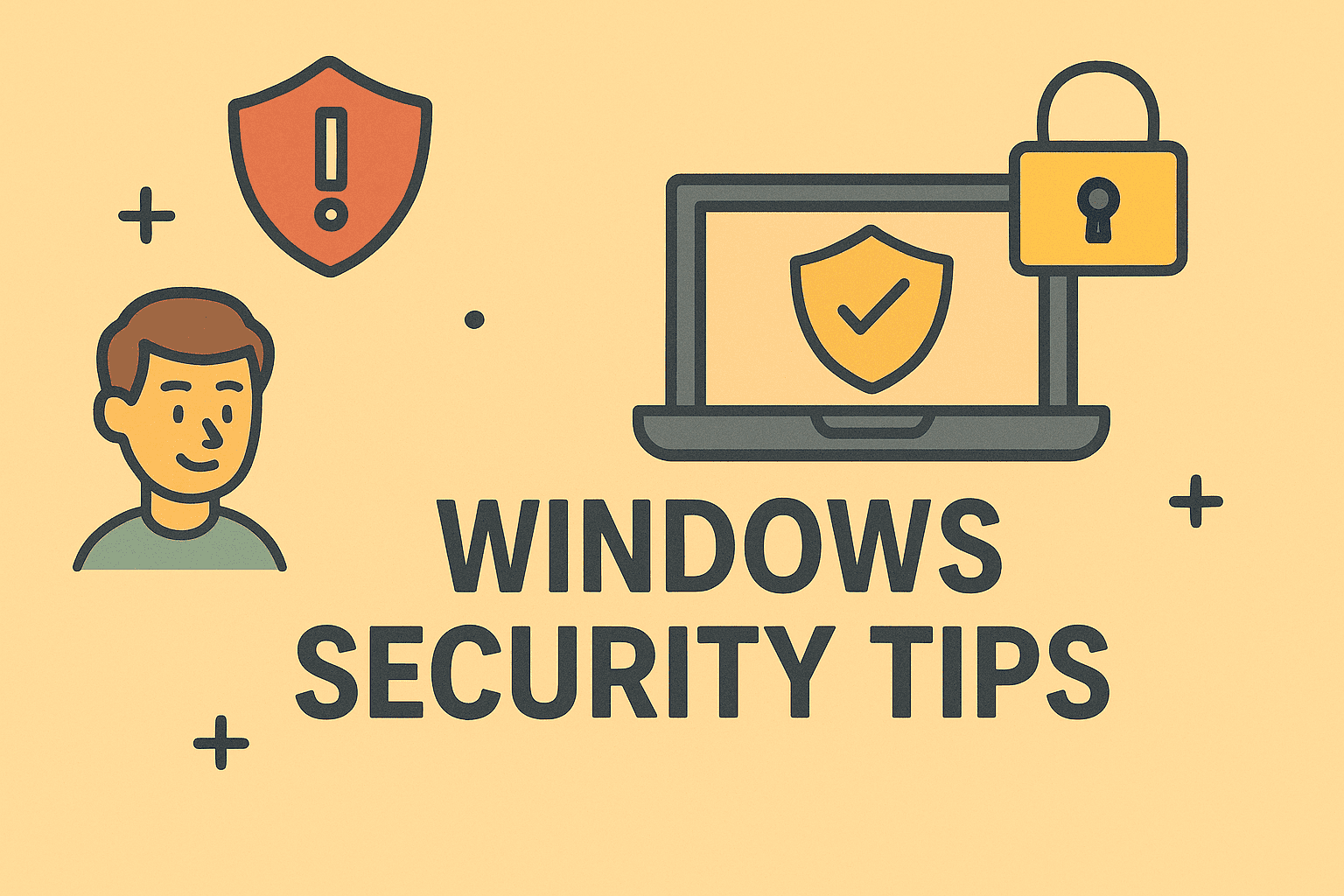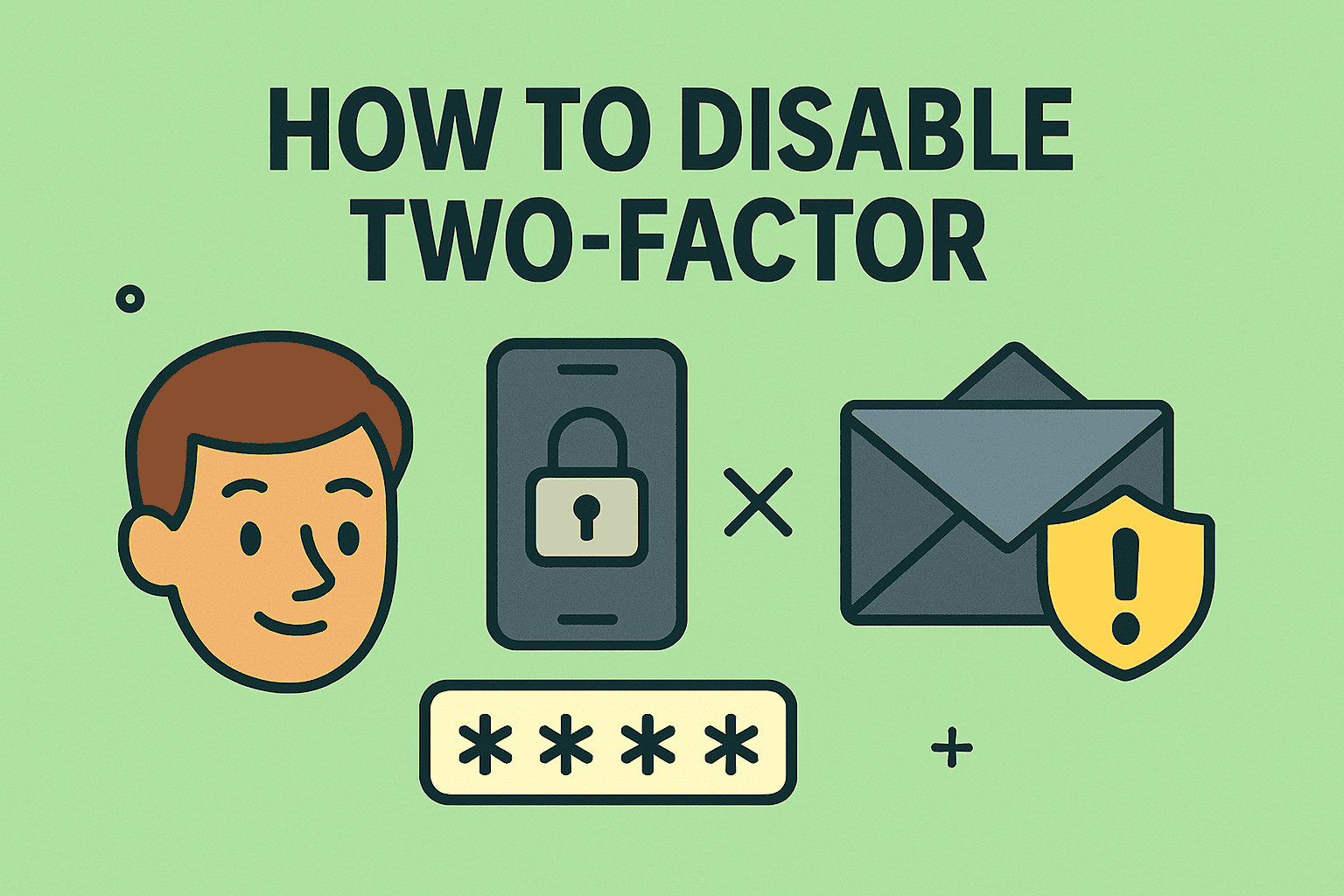Breaking Into Cybersecurity: Your First Steps Explained
Updated on July 15, 2025, by ITarian

Thinking about a career that’s in high demand, offers strong salaries, and lets you protect digital worlds from invisible threats? You’re not alone. With over 3.5 million unfilled cybersecurity jobs worldwide, many professionals—from IT managers to career changers—are asking how to get in cyber security and what it takes to succeed.
Whether you’re coming from tech, business, or a non-technical background, cybersecurity is one of the most accessible (yet misunderstood) fields. This post will break down practical steps on how to start a career in cybersecurity, which cybersecurity certifications for beginners make a difference, and how you can learn cybersecurity from scratch—no experience required.
Why Choose a Career in Cybersecurity?
Before diving into the how, let’s talk about the why. Cybersecurity is:
- High-paying: Average entry-level salaries start from $70,000+
- Ever-evolving: Always something new to learn
- Mission-critical: You help protect data, privacy, and businesses
- Remote-friendly: Plenty of opportunities for flexible work
According to (ISC)², the global cybersecurity workforce needs to grow by 65% to meet current demand. That means opportunity is knocking—loudly.
Step-by-Step: How to Get in Cyber Security
1. Understand the Basics of Cybersecurity
Before you choose a path, learn the foundation:
- What is a cyberattack?
- What’s the difference between a vulnerability and an exploit?
- What is the CIA Triad (Confidentiality, Integrity, Availability)?
You can start with free resources like:
2. Choose a Role That Matches Your Strengths
Cybersecurity isn’t just about hacking. Roles vary widely:
- Security Analyst: Monitors and defends systems
- Penetration Tester: Simulates attacks to find weaknesses
- Incident Responder: Handles breaches in real-time
- GRC Specialist: Manages compliance and policies
- SOC Analyst: Works in the Security Operations Center
Tip: If you’re unsure where to start, aim for Security Analyst—it’s a common entry point.
3. Learn Cybersecurity from Scratch
Not sure where to begin? Here’s a structured path for how to learn cybersecurity from scratch:
Start With:
- Networking Basics (TCP/IP, DNS, HTTP/S)
- Operating Systems (Windows, Linux fundamentals)
- Security Concepts (firewalls, encryption, authentication)
Suggested Resources:
- CompTIA Security+ books
- TryHackMe and Hack The Box for hands-on labs
- YouTube: Professors like NetworkChuck and The Cyber Mentor
Use these to build a strong foundation without spending thousands on a degree.
Cybersecurity Certifications for Beginners
Certifications validate your knowledge and open doors—especially if you don’t have a degree.
Here are the top cybersecurity certifications for beginners:
| Certification | Purpose | Recommended For |
| CompTIA Security+ | General cybersecurity knowledge | Absolute beginners |
| Certified Cybersecurity Entry-Level (CC) | Offered by (ISC)², free entry-level cert | Career changers |
| Cisco CyberOps Associate | Security operations focus | SOC aspirants |
| Google Cybersecurity Certificate | Practical cloud-based security | New tech learners |
Tip: Start with Security+ and then specialize based on your interests.
Do You Need a Degree to Get into Cybersecurity?
No. Many professionals enter the field through:
- Bootcamps
- Self-study
- Industry certifications
- Internal company transfers
However, a degree in Computer Science, IT, or Cybersecurity may help with long-term growth and roles in management or research.
Essential Skills to Succeed in Cybersecurity
Here’s what employers often look for:
Technical Skills:
- Networking & protocols
- System administration (Linux/Windows)
- Scripting (Python, Bash)
- Understanding firewalls, IDS/IPS, SIEM tools
Soft Skills:
- Problem-solving
- Critical thinking
- Communication (to explain risks to stakeholders)
- Continuous learning mindset
Where to Find Entry-Level Cybersecurity Jobs
Job Boards:
- Indeed
- CyberSecJobs.com
- Dice
Pro Tips:
- Look for titles like “Junior Security Analyst,” “SOC Analyst I,” or “IT Security Intern.”
- Consider working in IT or helpdesk first—it’s a great stepping stone.
FAQs: How to Get in Cyber Security
Q1: Can I start a cybersecurity career with no experience?
Yes. Many roles are open to motivated learners with certifications, lab experience, and strong foundational knowledge.
Q2: How long does it take to get into cybersecurity?
With focused study and certification prep, you could land your first job in 6–12 months.
Q3: What’s the best beginner-friendly certification?
CompTIA Security+ is widely recognized and provides a solid knowledge base.
Q4: Are cybersecurity jobs only for technical people?
No. Roles in policy, risk, governance, and compliance require more analytical than technical skills.
Q5: How do I transition from IT to cybersecurity?
Leverage your IT skills in areas like system admin, networking, or cloud—then specialize with certs like Security+ or CySA+.
Final Thoughts: It’s Never Too Late to Start
Figuring out how to get in cyber security might feel overwhelming, but it’s absolutely achievable. With a clear path, the right resources, and consistent effort, you can go from novice to professional—whether you’re switching careers or entering the job market for the first time.
Cybersecurity is more than a career—it’s a mission. And the world needs defenders now more than ever.
Ready to Kickstart Your Cybersecurity Journey?
Arm yourself with the right tools, training, and support for success in this high-demand field.














